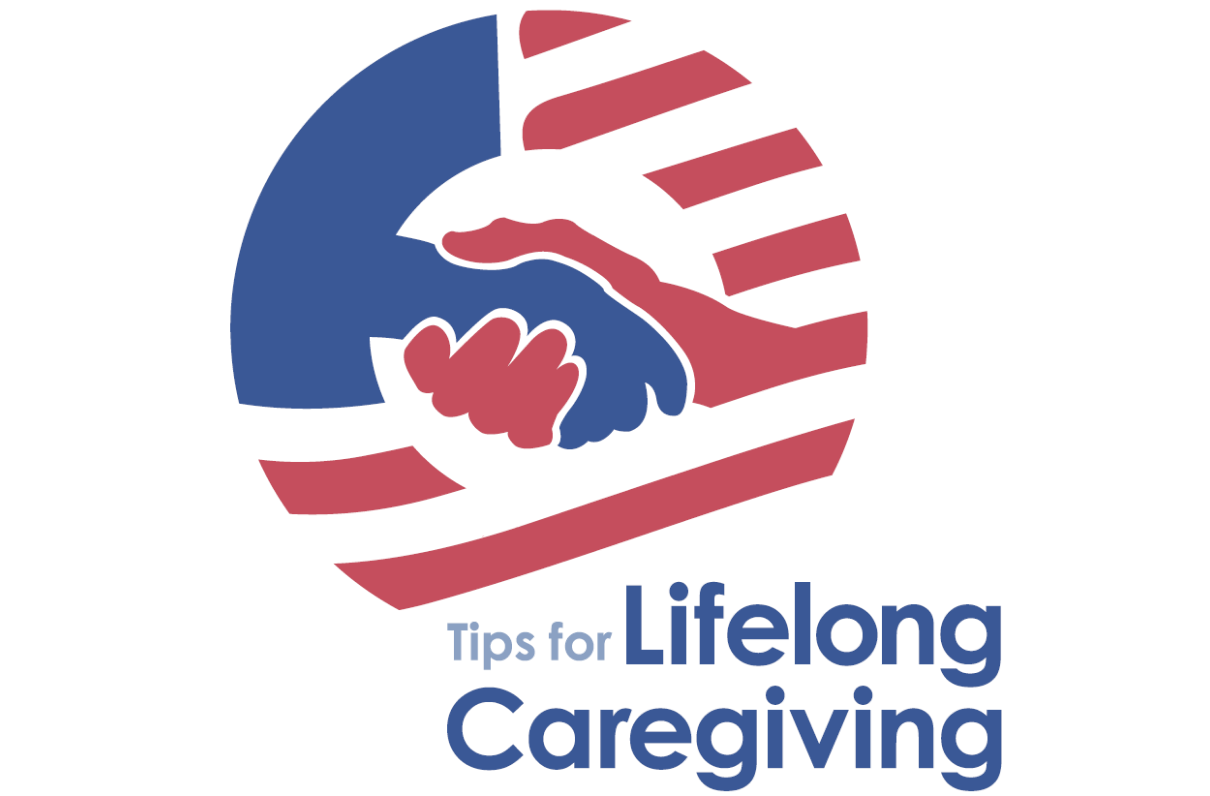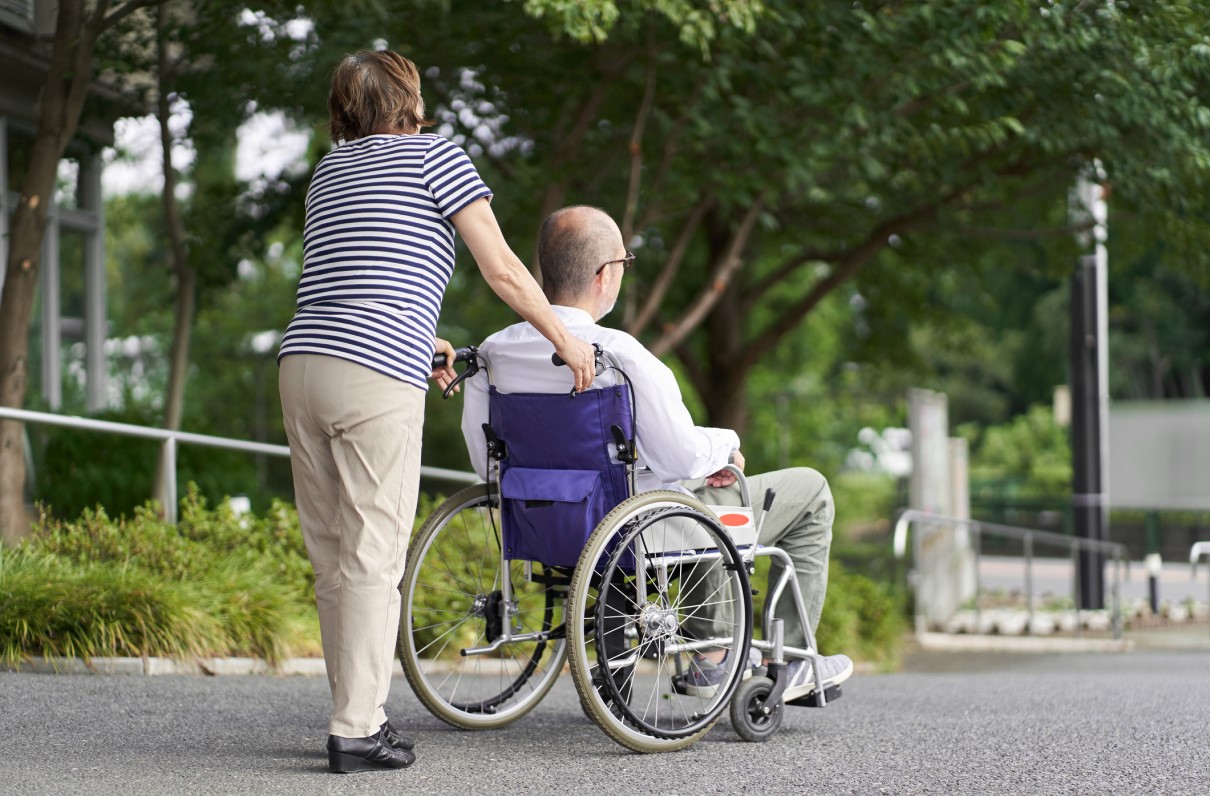By René Campos and Andrea Sawyer, Advocacy Director, Wounded Veteran Family Care Program, Quality of Life Foundation
The field of caregivers continues to grow as veterans over the age of 65 represent a greater portion of the patient population in the VA. While the VA projected an overall decrease in the number of veterans enrolled in its health care system prior to the PACT Act becoming law, certain groups with service-connected exposures are growing at alarming rates and will require care and services, and so too will caregivers supporting them.
Caregivers are often referred to as unsung heroes. They quietly dedicate their lives to caring for and sustaining the health and well-being of their veteran, often silently and with little recognition. Such selfless support can take a toll on a caregiver’s own health and well-being. The VA, Medicare, and community providers have stepped up efforts in recent years to establish and expand support services, including respite care – a program allowing caregivers a short-term break from their caregiving duties, whether to run errands, travel out of town, or to care for their own health needs.
MOAA and the Quality of Life Foundation (QoLF) recently explored the various federal and community respite care programs available to caregivers with a group of governmental and non-governmental leaders and experts at a focused roundtable to learn more about the options for services and identify ways to improve access to these essential services. The results of the roundtable were published and broadly shared with federal agencies, Congress, the administration, and interested organizations and individuals to advance solutions to address some of the unmet needs identified by the roundtable participants.
MOAA and QoLF are focused on three of these solutions, which we believe will go a long way in addressing many of the needs caregivers and their veterans struggle with. These include:
1. Create a “Pathway to Advocacy” through legislation like the Veteran Caregiver Application and Appeals Reform (CARE) Act of 2023 (S. 1792 and H.R. 4518) for veterans service organizations (VSOs) and nonprofit organizations operating in the veteran and caregiver sphere to advocate for that population within the Veterans Health Administration (VHA). The department would train and qualify organizations on the services and programs available to veterans through the VHA.
Too often caregivers and veterans are unaware of available programs and services. The CARE Act would provide a standardized process for stakeholder organizations like MOAA and QoLF to assist caregivers and veterans in navigating VHA programs.
[TAKE ACTION: Urge Your Legislators to Support the CARE Act]
2. Develop and implement a program of Federal Respite Care Liaisons (FRCL) to assist caregivers with navigating all programs available for respite care within federal agencies and across the government.
Equally challenging to caregivers and veterans is how to navigate the various federal respite care programs. The VA and Medicare have a variety of programs, each with their own eligibility standards and requirements. A FRCL assigned at all VA medical centers and in state agency elderly area offices would assist in coordinating all respite care options and help plan and select the most beneficial programs to meet the needs of the caregiver and veteran.
3. Study caregiver usage of respite care services across federal agencies and in the community.
Caregivers and veterans often indicate in surveys or through feedback they do not use VA respite care services for many reasons. Yet little is known about why caregivers find respite programs to be viewed in that light or what the costs and benefits are for these services for all stakeholders.
These three solutions make up just one part of MOAA and QoLF’s advocacy strategy to support aging and disabled veterans and their caregivers. In addition to sharing the roundtable forum findings within your networks, we also need you to contact your legislators and urge them to support two other priority bills for caregiving and long-term care:
- Elizabeth Dole Home and Community Based Services for Veterans and Caregivers Act (H.R. 542 and S. 141): Also known as the Elizabeth Dole Home Care Act, this is a bipartisan, bicameral bill supported by many stakeholders (including QoLF) that would help veterans and their caregivers transition between caregiver support programs, assess the level of care they need, expand mental health services, and improve communication and coordination between veterans and their families and veterans service organizations like MOAA.
[TAKE ACTION: Urge Your Legislators to Support H.R. 542 and Provisions in S. 141]
- Expanding Veterans’ Options for Long Term Care Act (H.R. 1815 and S. 495): Another bipartisan bill supported in both chambers would allow the VA to launch a pilot program to look at the effectiveness of paying for assisted living services. Currently, the VA is unable to pay room and board expenses at these facilities.
[TAKE ACTION: Urge Your Legislators to Support H.R. 1815 and S. 495]
Cmdr. René Campos, USN (Ret), is MOAA's senior director for Government Relations.
 Tips for Lifelong Caregiving
Tips for Lifelong Caregiving
MOAA has partnered with the Elizabeth Dole Foundation to provide an online resource outlining legal and financial support available to multiple generations of caregivers.
